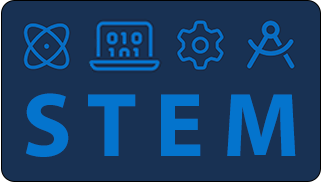Quantitative Economics and Econometrics
The concentration in quantitative economics and econometrics provides the background needed to analyze economic issues, explore theories, and generate predictions using statistical procedures and mathematical models. The major incorporates a balance of economic theory, mathematical tools, and field applications, while emphasizing the development of analytical skills. The mathematical courses build the background needed for the understanding of how calculus and linear algebra techniques are used to derive the main results from mathematical models of economic behavior. The economics courses support students’ understanding of economic relationships between businesses, households, and government while focusing on the application of theory to practice. Students are required to take statistics and econometrics courses to learn to use data to empirically test the theories studied.
As the field of economics has evolved to emphasize technical and quantitative methods and arguments, this major provides the background recommended for students contemplating graduate study in economics and related fields or pursuing jobs in highly analytical career fields.







